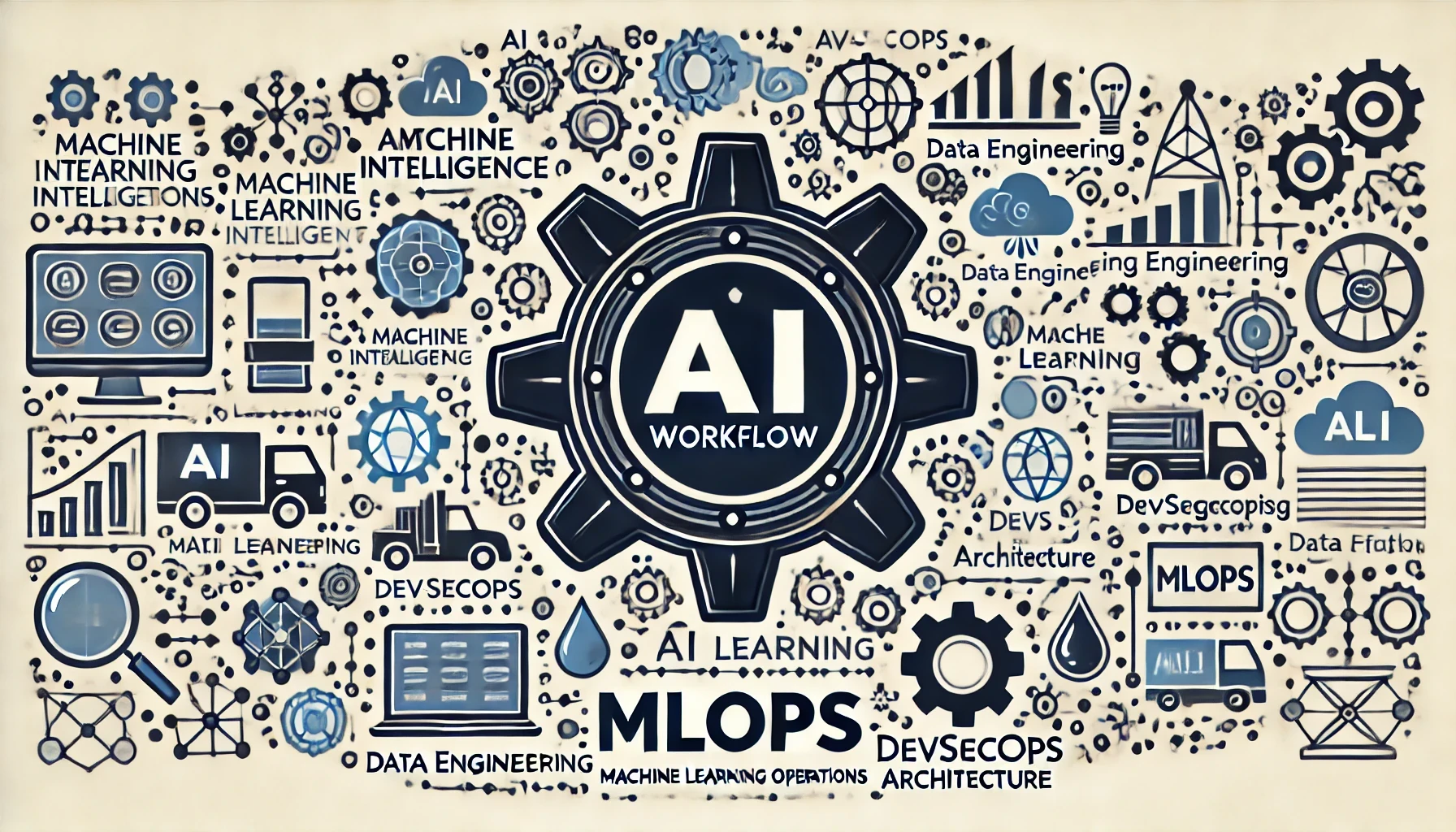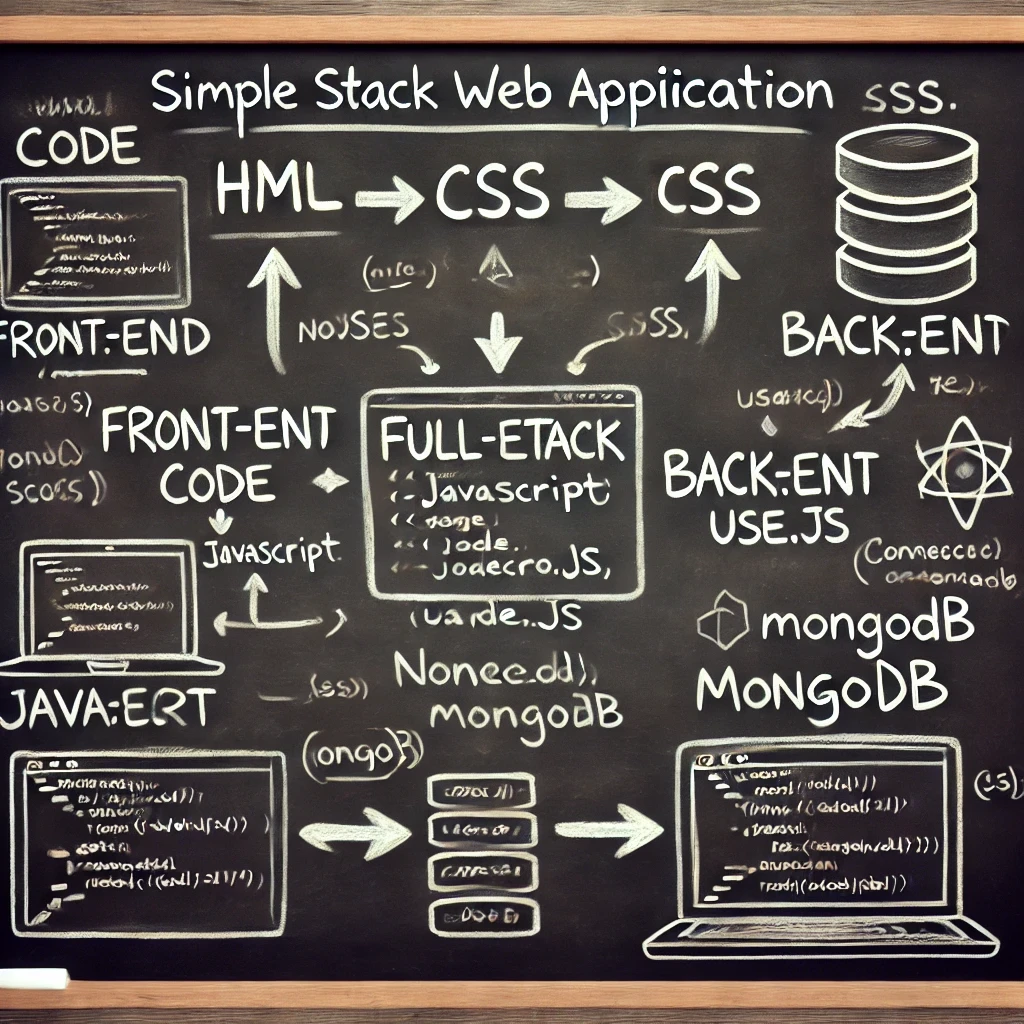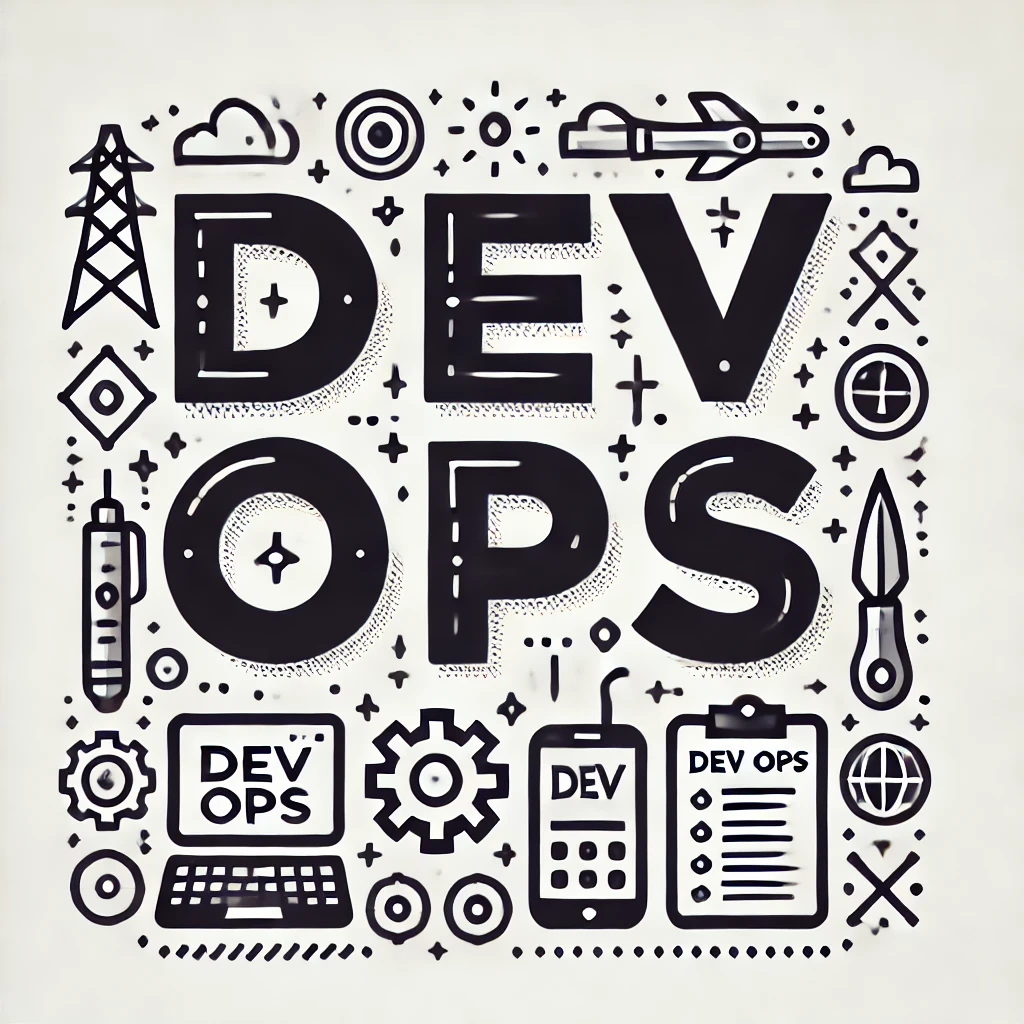Optimizing Development Workflows with MLOps
Development
4
min read
2 April 2024
Integrating AI and ML into business operations often presents challenges, with a significant number of projects failing to reach production. This article delves into these common obstacles and highlights how Machine Learning Operations (MLOps) can streamline workflows and enhance productivity.
Identifying Bottlenecks
Key issues that hinder ML projects include data quality, scalability, integration challenges, and ongoing model maintenance. These factors can lead to delays, increased costs, and reduced performance.
How MLOps Addresses Challenges
MLOps, borrowing principles from DevOps, unifies ML development and operations, enhancing collaboration and automation across the ML lifecycle. Key areas of improvement include:
- Continuous Integration (CI): Automates the integration of code changes, ensuring high-quality builds.
- Continuous Delivery (CD): Automates the deployment of models, reducing errors and accelerating production.
- Continuous Training (CT): Ensures models remain effective by automating retraining with new data.
Real-World Applications
1. Video Game Animation: MLOps enabled a gaming company to manage multiple data versions and train neural networks for realistic animations, reducing integration time and improving quality.
2. Image Processing: A genealogical search company used MLOps to develop pipelines for analyzing and restoring old photographs, streamlining their image processing workflow.
Implementing MLOps
1. Assessment and Planning: Identify current workflow bottlenecks and align MLOps strategies with business goals.
2. Build Cross-functional Teams: Ensure collaboration across data scientists, developers, and IT operations.
3. Invest in Tools: Select tools that support CI/CD, data validation, model monitoring, and scalability.
4. Focus on Continuous Training and Monitoring: Implement systems for ongoing model retraining and performance monitoring.
5. Iterate and Optimize: Regularly review and optimize workflows based on feedback and evolving needs.
Conclusion
Adopting MLOps requires strategic planning and cultural change but offers significant benefits in managing and maintaining ML models. It enables businesses to overcome production bottlenecks and unlock new levels of efficiency and innovation.
Partner with Bloxx
Teaming up with Bloxx provides strategic advantages, leveraging our expertise to navigate production bottlenecks and enhance operational efficiency. For further guidance on implementing MLOps, get in touch with us.




